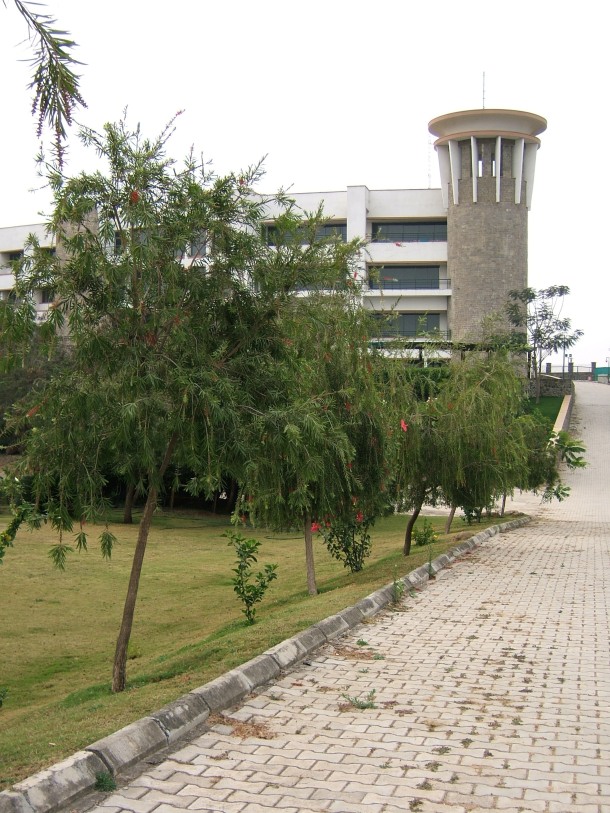What the future holds for the NHS and shared services

NHS SBS boss on a shared services boom and offshore delivery
As budget cuts begin to bite, shared services could play an important role in helping government deliver services for less.
Shared services often involve a single service being delivered to multiple organisations by one central provider. Such services allow customer organisations to share the computing infrastructure and manpower needed to deliver that service, typically saving cash as a result.
Savings are often generated by the need to buy fewer pieces of equipment and license less software overall, along with economies of scale in manpower, software and equipment.
One of the largest shared services outfits serving the public sector is NHS Shared Business Services (NHS SBS) - a joint-venture between the NHS and outsourcer Steria.
The NHS SBS provides finance, accounting, payroll and other back office services to 130 NHS trusts - about one-third of all trusts in England.
According to a 2007 report by spending watchdog the National Audit Office, the NHS SBS is expected to save the health service £250m by 2014 - a target its managing director John Neilson said it's still on course to hit.
Neilson told silicon.com that by 2014 he expects half of all NHS trusts will get their finance and accounting services delivered by the NHS SBS.
"Our plan is to double the size of the business over the next two to three years," he said.
Neilson is also hoping take-up of the venture's shared services will be given a boost by government plans to scrap NHS primary care trusts (PCTs) and give consortia of GPs the power to commission their own services.
By 2013 the government plans to have abolished the 152 PCTs in England that are responsible for overseeing medical services delivered by GPs, dentists and other community care providers. The government says scrapping the PCTs will give clinicians more control over treatment and improve standards of care.

An NHS SBS centre in Pune, India
(Photo credit: Jo Best/silicon.com)
In a paper setting out the changes (PDF), the Department of Health states that PCTs should work with consortia to agree a process for transferring IT systems to GP consortia. Neilson believes the uptake in demand for SBS services could be fuelled by a desire to simplify this process of transferring back office systems to the consortia.
"There's a lot of support for moving to a common financial platform [between GP consortia] so we are hopeful that the amount of business for the NHS SBS will increase going forward," he said.
Even if the NHS SBS doesn't pick up business from GP consortia, Neilson said it is focused on increasing the number of large hospital and NHS foundation trusts that it serves, which account for the bulk of business handled by the NHS SBS.
"We are growing that part of the business, so if there is any downside from the movement of PCTs we expect that one can compensate the other, but if we can increase the volumes in GP consortia on top of that, which we expect to be able to do, the business should grow quite nicely."
Cornelia Wels-Maug, senior analyst for healthcare IT at Ovum, said the shift to GP consortia is...
... "a good opportunity" for NHS SBS, as consortia will want to outsource their back office services to a supplier with a proven track record of delivering to NHS trusts.
"[The NHS SBS] have established a well-working partnership and that is something not to be underestimated," she said.
"All these GPs will look for someone to do the billing for them, to do the finance and accounting for them, as these areas are not their core competencies.
"They will want to pass them on to somebody who has proved that they can handle these processes very efficiently."
Work carried out by the NHS SBS is split 50-50 between centres in the UK and India. The arrangement is one of the few examples of the UK public sector accessing services from an offshore location on a large scale.
The SBS is moving more work to India as time passes, with Neilson predicting 60 per cent of its work will be carried out there by 2014.
The NHS SBS was launched in 2005 as a joint-venture between the Department of Health and supplier Xansa, which was subsequently taken over by Steria.
Because NHS SBS is run as a joint-venture by the DoH and Steria, the DoH is able to reinvest its share of the venture's profits in the NHS.
Last year was the first time the NHS SBS made a profit, which allowed the DoH to share more than £1m, the department's share of the profit, with the NHS trusts who are NHS SBS customers.
Wels-Maug said she expects the NHS SBS will continue to return a profit from now on, as the amount of work handled by the venture continues to increase.
The SBS' ability to deliver savings to the NHS could also see similar onshore-offshore shared services ventures set up to deliver back office services to other public sector bodies, the NHS SBS' Neilson said.
"There are various discussions around the police and local government marketplace, and other parts of central government," he said.
The chance of other public sector bodies moving to an onshore-offshore service delivery model looks more likely in light of recent developments in Westminster.
Guidelines governing the use of offshore services by public sector bodies are being revised by the Cabinet Office, and this year also saw a major central government department, HM Revenue and Customs, trialling offshore software application development.
Ovum's Wels-Maug said offshore delivery of services to the public sector is "gaining acceptance" more rapidly in the UK than in other European countries.